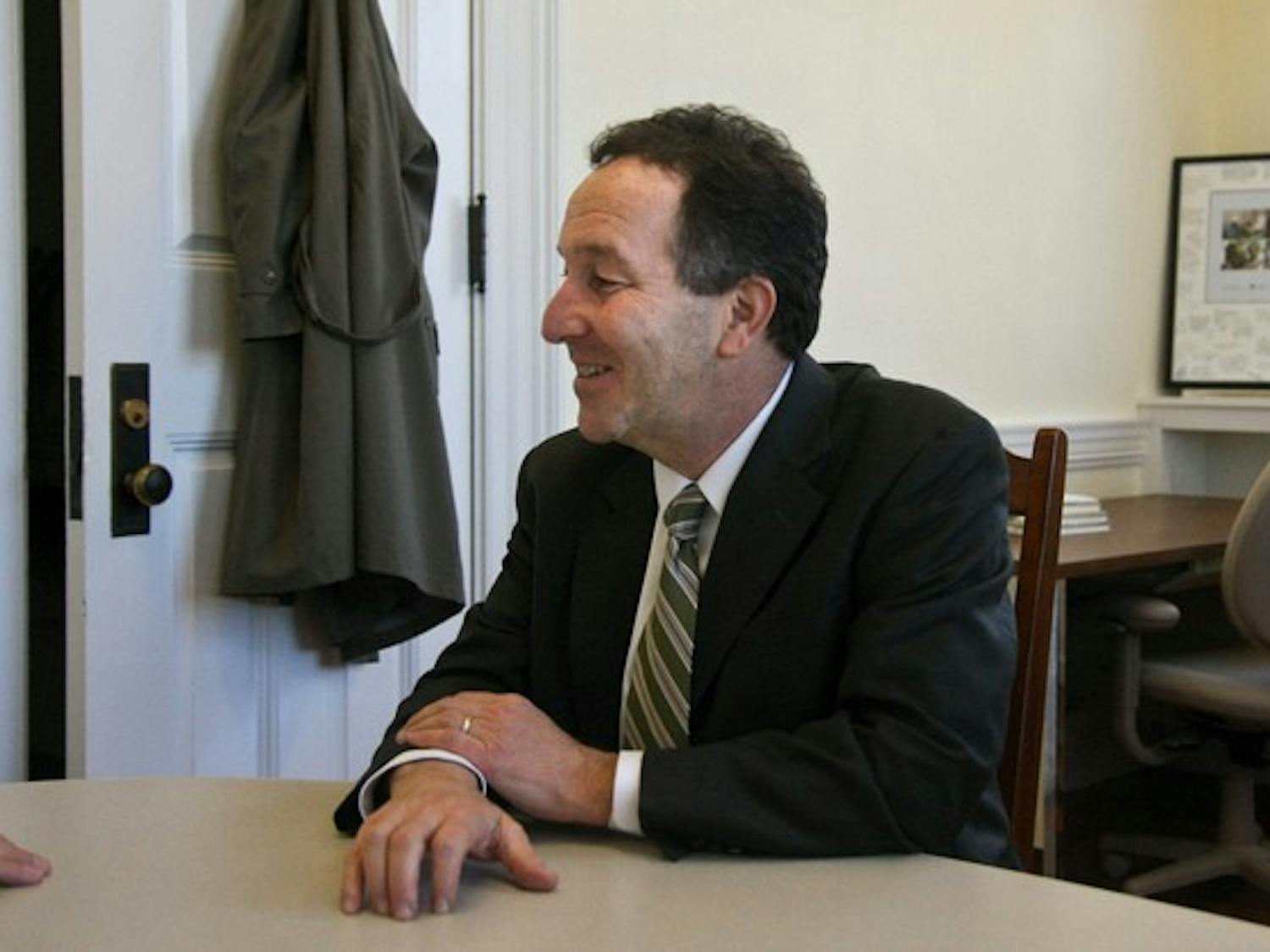News
Dartmouth Medical School professor Elliott Fisher advocated that Congress integrate two models of health care delivery reform that are generally discussed separately in an article published last week in the New England Journal of Medicine.
"[The report] will be used to educate policymakers and providers about the need for both reforms," Fisher said in an interview with The Dartmouth.
Fisher, the director of The Dartmouth Institute for Health Policy and Clinical Practice's Center for Health Policy Research, co-authored the paper with Stephen Shortell, dean of the School of Public Health at the University of California, Berkeley, and Diane Rittenhouse, a professor of family and community medicine at the University of California, San Francisco.
The article, "Primary Care and Accountable Care Two Essential Elements of Delivery-System Reform," discusses how patient-centered medical homes and accountable care organizations, two models of health care reform that are generally considered individually, are actually complementary to each other.
"The paper was written because some members of the policy community and many members of Congress saw them as competing reforms, and so we were motivated a group of us who were involved in the development of each idea to come together and explore what we believed to be true: that they were complementary reforms," Fisher said.
The patient-centered medical home model involves establishing a partnership among practitioners, patients and their families and places a greater emphasis on primary care, according to the article.








